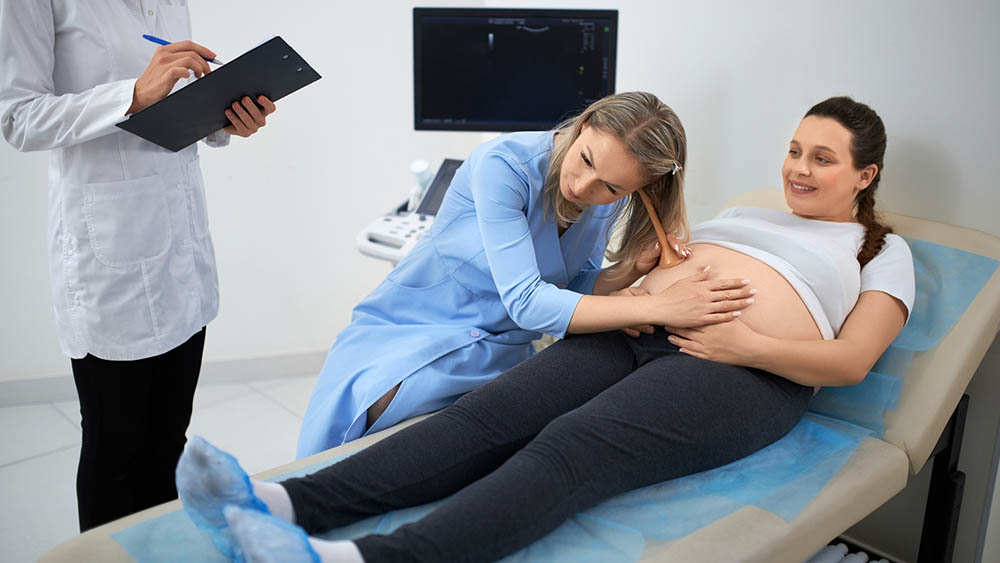1. Why Visit a Gynecologist as a Teen?
Most professional health organizations, like the American College of Obstetricians and Gynecologists, recommend a teen see her first gynecologist by the time she is 13 to 15 years of age. It is not so much a physical exam, but rather a first visit which will involve more of rapport between the teen and the gynecologist as well as answers about reproductive health and questions or concerns the teen may have.
Some common reasons to visit are as follows:
- To know more about her period, irregular periods, or period aches
- To learn about sexual health and safety
- To know more about contraception options or birth control
- To obtain information about healthy lifestyles such as diet and exercising for reproductive health
2. What Happens During the First Gynecologist Visit?
-
A Comfortable, Private Discussion
A gynecologist will most probably have a private talk with a teenager either in the presence or absence of a parent or guardian according to the choice of the teen. It is usually a time during which a teen is supposed to speak freely about health issues, questions, and even fears. The conversations might range from the cycle, pains, or aches in the reproductive part and any other questions in reproductive health. -
A General Health Check-Up
The doctor can carry out a brief general check-up: weigh and measure height and blood pressure. Routine check-ups help find the general health of the teenager. Most times, there is no need for the first visit by the teen to a gynecologist to be subjected to a pelvic exam unless some condition that has prompted her into seeking health care has raised an issue. -
Anatomy and menstrual health
The health provider explains to the patient what they should know regarding their body and menstruation, and sometimes it becomes an interesting discussion when both are curious to understand more about their reproductive systems. -
Teaching Safe Practices and Self-Care
If the teen has questions regarding sexual health, relationships, or safe practices, this is a safe, non-judgmental place to ask. The gynecologist can discuss the importance of safe practices and self-care, emphasizing that maintaining one's reproductive health is an essential part of overall wellness.
3. Common Questions Teens May Have During Their First Visit
- Is it normal that my periods are irregular?
- How can I alleviate cramps or menstrual discomfort?
- What is birth control, and how does it work?
- Can anything be done to prevent premenstrual acne?
4. How to Prepare for Your First Gynecologist Visit
- List Your Questions: Writing down questions ahead of time helps teens remember what they want to ask. This way, the visit is much more productive, and they get all the answers that they need.
- Relax and Know It's Normal: This visit is simply a routine part of healthcare as when a person sees their dentist or doctor. Feeling better about knowing that millions of teenagers face the same scenario will ease one's nervousness.
- Parental Presence Preferences: A teen must be given the freedom to choose whether she likes to have her parent or guardian remain in the room, while parts of this visit are conducted or prefers it otherwise.
5. Understanding the Importance of Regular Visits
Gynecological care can become a significant part of growth and healthy habits for the future. They encourage teens to take charge of their health and work well into adulthood. Based on knowledge and trust with their gynecologist, teens will be more likely to feel safe to consult a physician for any reason including menstrual issues, sexual health, or later in life, family planning.
It could be a very educative first visit to the gynecologist for the teenagers as they get to know their bodies, raise all concerns, and become comfortable discussing health concerns with a doctor. Proper preparation and support from a gynecologist make this visit a step towards adulthood, health awareness, and confidence in the management of one’s health.
Every teenager deserves to know and feel empowered through their health journey, and a guiding gynecologist is just what is needed to provide support along the way.





